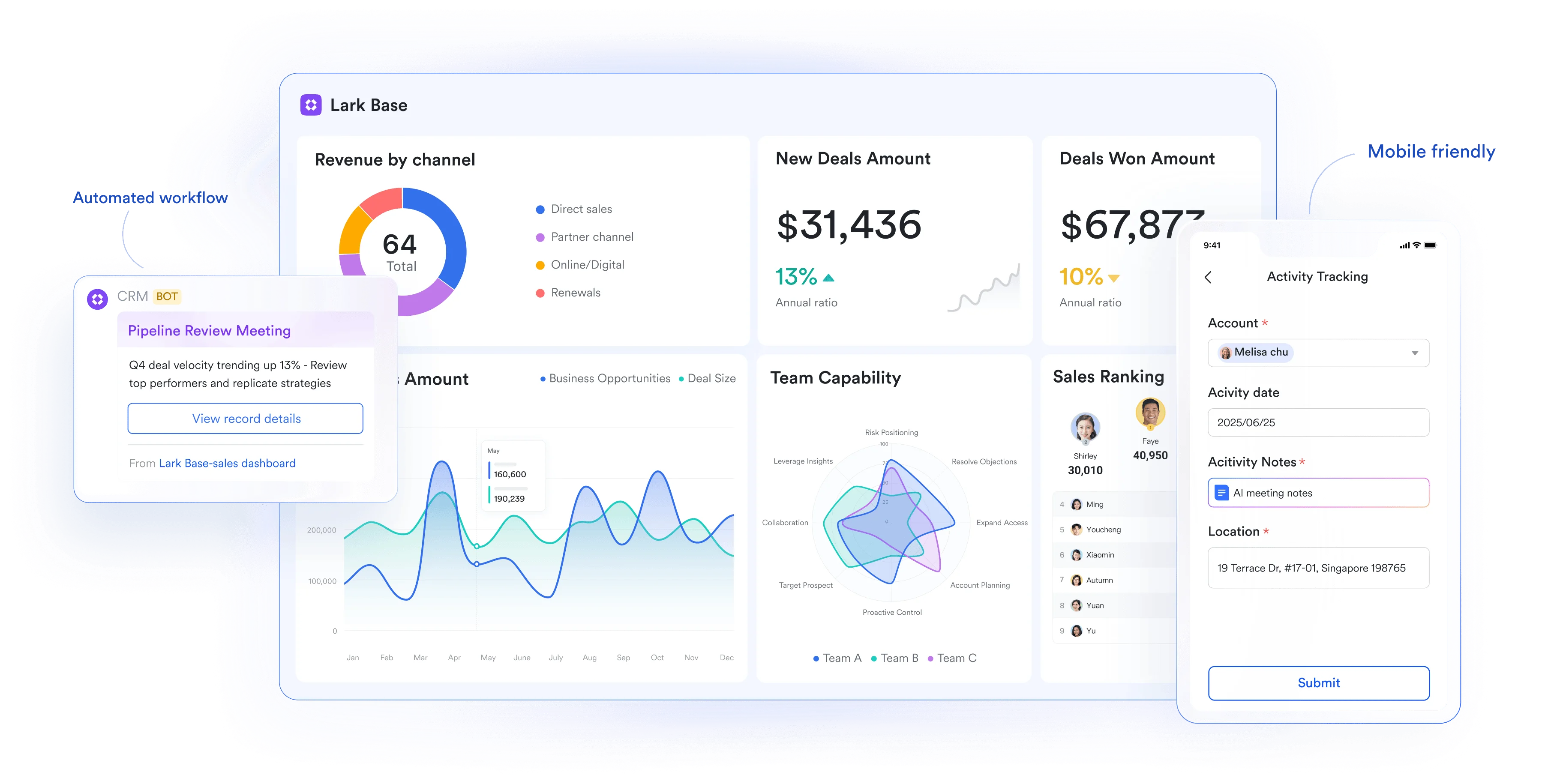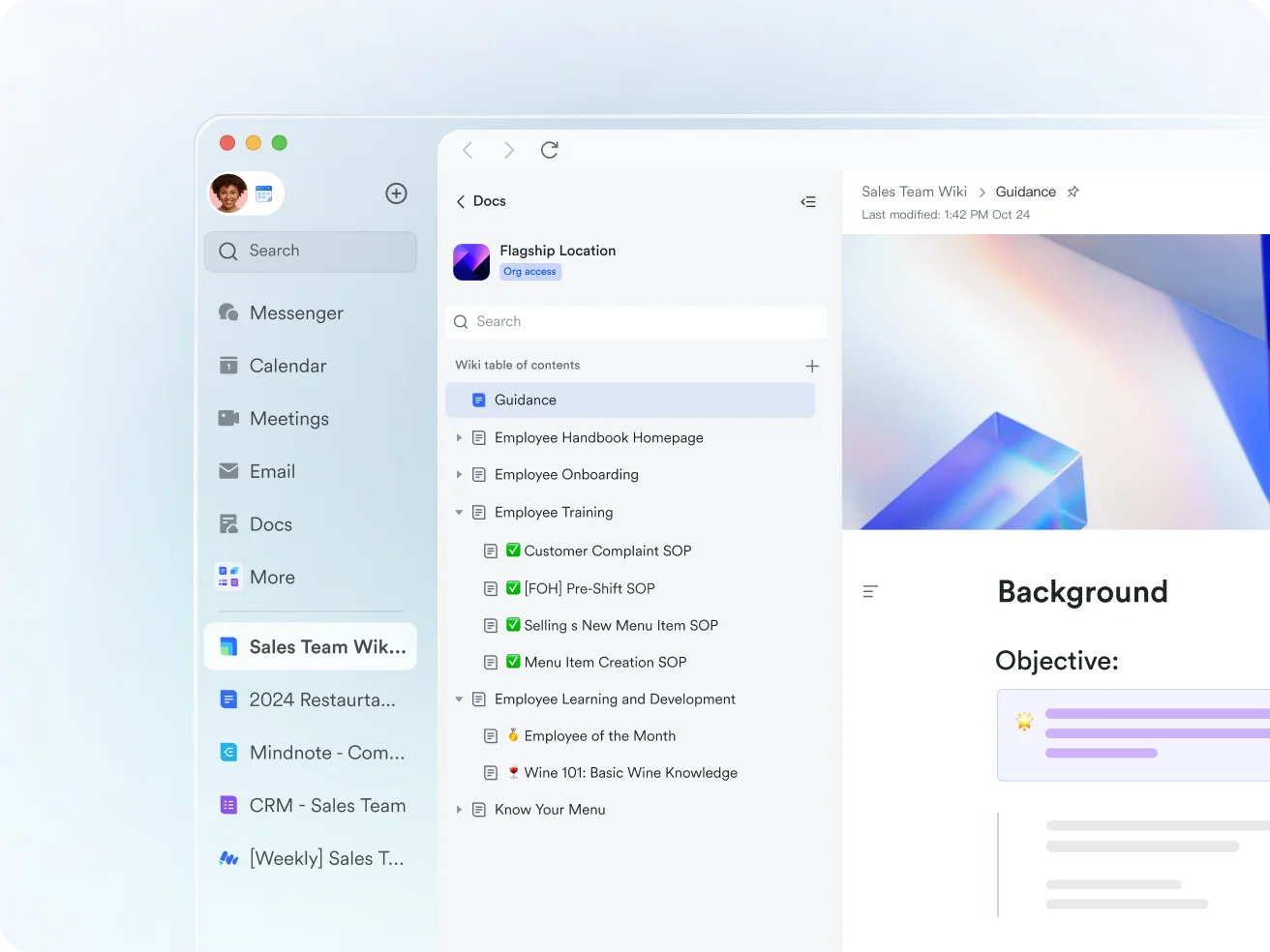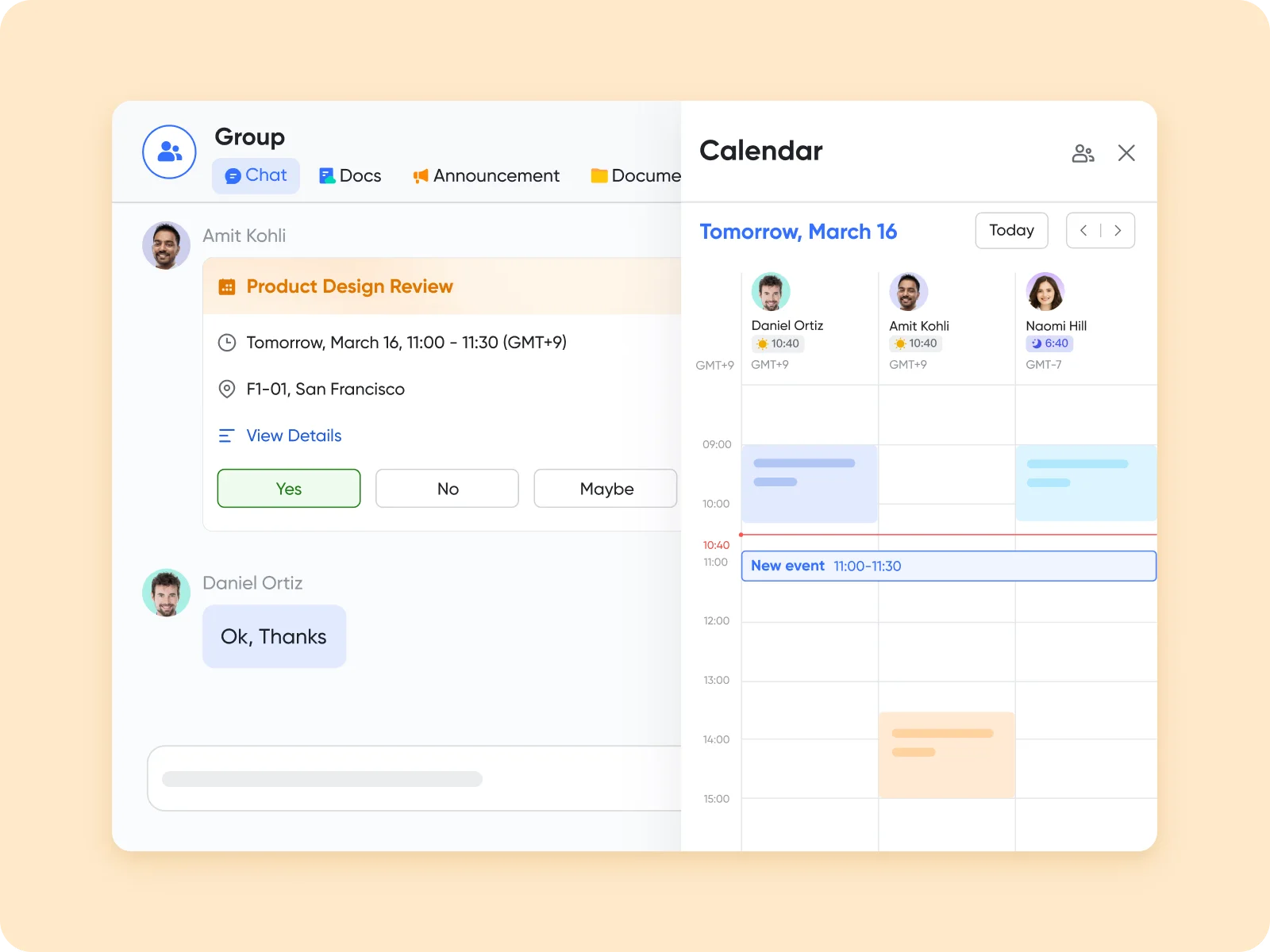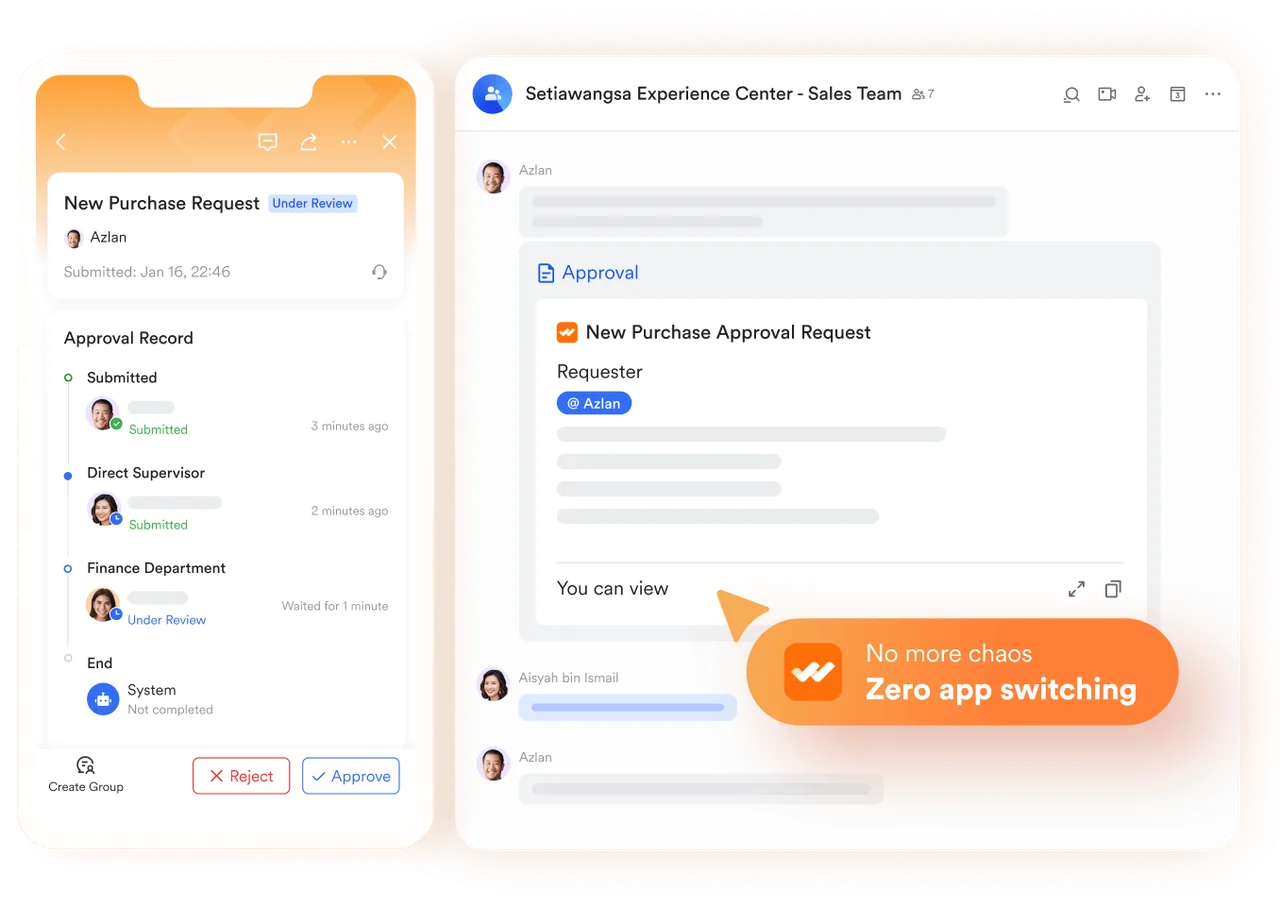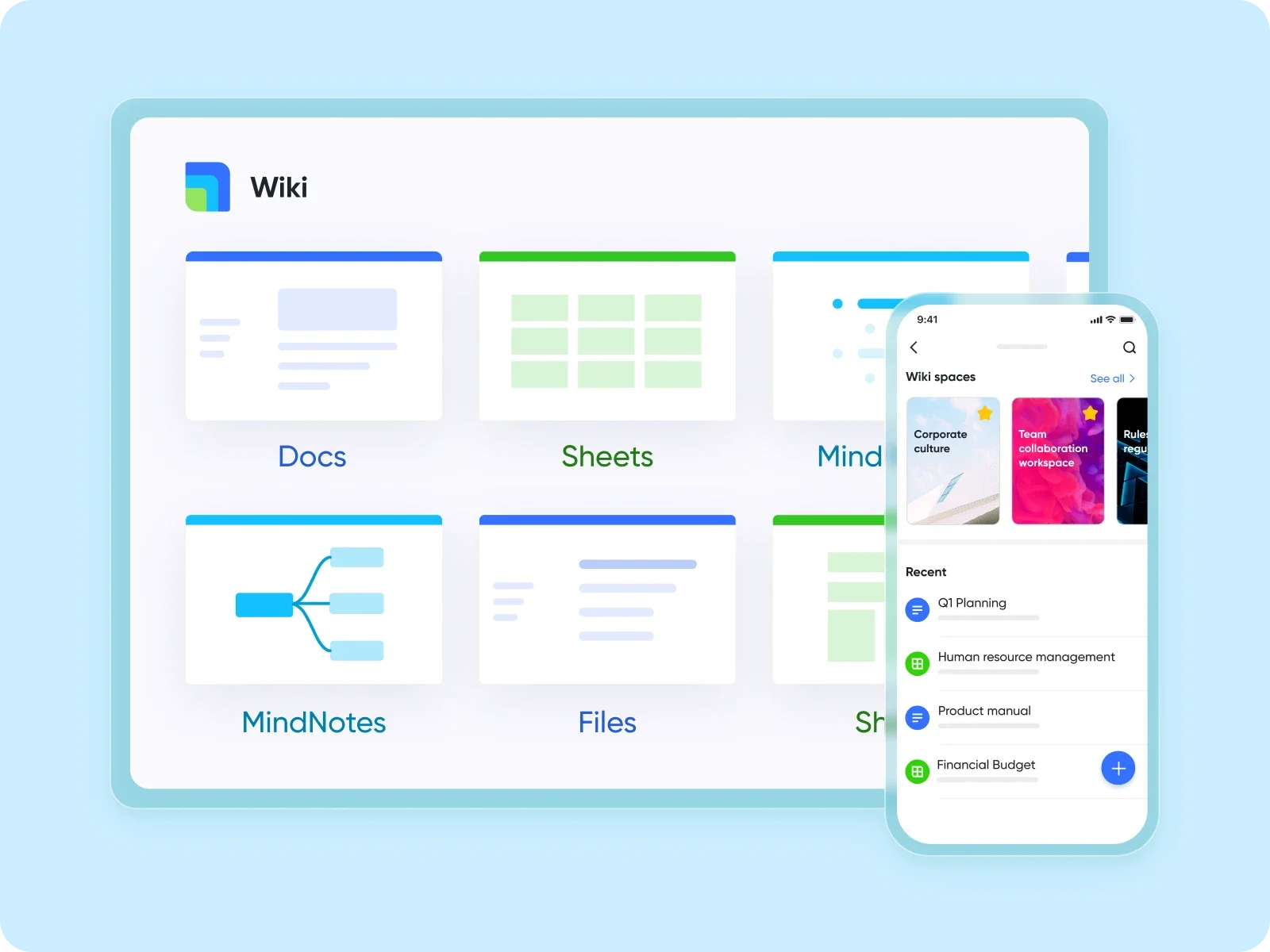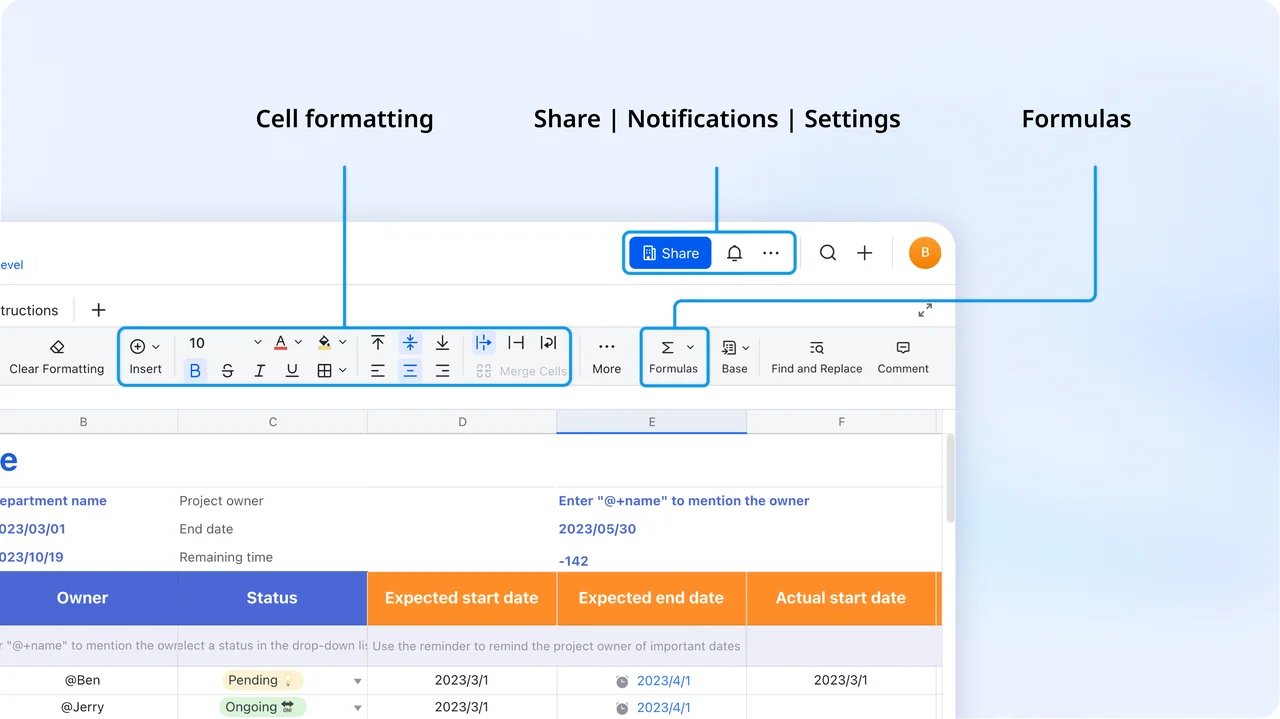One of the biggest problems that modern businesses face is duplication. Two employees unintentionally work on the same deliverable, teams make reports that are too similar, or supervisors spend hours trying to figure out which version of the truth is correct. Duplication may seem like a necessary aspect of business, but it is not only a waste of time; it also hurts morale. When data is repeated, employees feel like their contribution isn’t respected, and leaders have a hard time trusting the data’s accuracy.
Modern project management tools can help. By bringing together workflows, they make work more transparent, cut down on silos, and make sure that energy is used to go forward instead of doing things over again. Lark shows how connected platforms may stop the cycle of duplication and replace it with clarity and teamwork.
Lark Base
When each department has its own version of the truth, duplication thrives. Marketing keeps track of campaigns in spreadsheets, sales keeps track of pipelines independently, and operations keeps track of deliveries in other places. Then, leaders have a hard time figuring out how to make sense of these different versions.
Lark Base solves this problem by putting all of your projects into one organized hub. No matter what they’re doing, managing marketing campaigns, operational timetables, or client pipelines—teams all work from the same record of truth.
Also, Lark Base’s multiple features extend more specialized uses across different departments. For example, sales teams can use Base to create a CRM app for their own use, project managers can set up a project hub for control all processes, and financial administrators and build up a smart dashboard to monitor the expenses.
This shared view stops duplication before it even starts. Workers may watch what their coworkers are doing, make sure everyone knows what their job is, and not do the same thing twice. Leaders don’t waste time reconciling facts; instead, they work on moving projects forward.
Lark Docs
One of the most typical areas for duplication to happen is in documents. A single report can go around in email threads, creating many drafts that are somewhat different but nonetheless important. Employees waste a lot of time figuring out whether version is final or merging changes.
Lark Docs changes this by making dynamic documents where people may work together in real time. Teams can work together on strategies, reports, or presentations in one place, where they can see the whole history of changes and comments. There is no doubt about which draft is the most recent, and feedback is clear.
Docs also link straight to execution. A finalized plan is linked to Tasks or Calendar events, which makes sure it leads to action instead of creating repeated reports. Instead of making separate documents, teams work collaboratively on the same path.
Lark Calendar
When teams don’t work on the same schedule, duplication happens a lot. Without a central calendar, marketing might start a campaign before the product is ready, or operations might get things ready for a deadline that has already changed. These overlaps waste resources and make teams angry at the same time.
Lark Calendar makes it easy to manage your time by connecting workflows. When you establish a milestone in Base, it automatically shows up in Calendar. This makes sure that everyone in the company is on the same page. Meetings are linked to documents and agendas, which makes it easier for everyone in the company to get ready for them.
Calendar stops teams from doing the same work again because of old or conflicting deadlines by showing everyone the same deadlines and schedules. Work proceeds along at the same time, and people are sure they will keep their promises.
Lark Approval
Making decisions is one of the most common ways that things get duplicated. Employees typically send in requests again, follow up repeatedly, or find ways to get around approvals when they are stuck without a formal framework. At the same time, managers waste time looking at the same information on several channels.
Lark Approval fixes this by giving people a clear, organized way to make decisions. Requests for budgets, contracts, or time off go straight to the people who need to see them. Employees can keep track of their own progress without having to send requests again or duplicate them.
Because Approval enables an automated workflow, reminders and escalations happen on their own. This makes sure that decisions are always made and stops people from doing the same thing twice because approvals are ambiguous or take too long. Teams trust the process, and managers save time by just having to look over the same request once.
Lark Wiki
Another reason for duplication is a lack of knowledge. Employees often make new policies, presentations, or playbooks that already exist when there isn’t a central place to save them. New recruits have a hard time, especially when they have to spend time creating processes that are already being used elsewhere.
Lark Wiki solves this problem by providing a common knowledge base where all the information is in one location. Once a year, policies, recommendations, and best practices are revised and made available to everyone. When processes change, updates go out to everyone in the company right away. This means that staff won’t have to rely on old resources.
Wiki keeps work from being reinvented by keeping and sharing institutional knowledge. Employees may get what they need when they need it, which makes sure that their work builds on what they already know instead of copying it.
Lark Sheets
Data management is especially prone to having the same thing happen more than once. When different teams keep track of the same metrics in separate spreadsheets, it can lead to contradicting numbers and wasted time trying to reconcile them. This not only makes reporting take longer, but it also makes people less sure of the data itself.
Lark Sheets lowers this risk by putting data into workflows that are linked to each other. Teams can work on the same document at the same time by embedding Sheets into Docs or Base. This keeps information consistent across the system. For example, when the finance team updates predictions, marketing and operations can see the same statistics right away in their plans.
Sheets ensure that reports aren’t made in silos by making data collaborative and interconnected. Instead of duplicating effort, teams use the same set of numbers, which helps them trust the data they need to make choices.
Conclusion
Duplication isn’t simply a pain; it hurts production, morale, and trust. Tools that are broken up make people repeat themselves, whereas platforms that are unified make everything clear and aligned. Lark highlights how connected workflows produce a culture where work builds on itself instead of being done over and over.
Base helps you understand your projects better, Docs end version chaos, Calendar keeps commitments on track, Approval makes decisions easier with automation, Wiki keeps knowledge safe, and Sheets bring all your data management together. These features work together to stop the loop of duplication, which lets teams focus on making progress instead of doing the same things over and over.
The lesson for fast-growing businesses is clear: duplication doesn’t have to happen. When processes are integrated, teams can move forward with confidence, knowing that everything they do will help them reach their goals without wasting time on work that has already been done.

